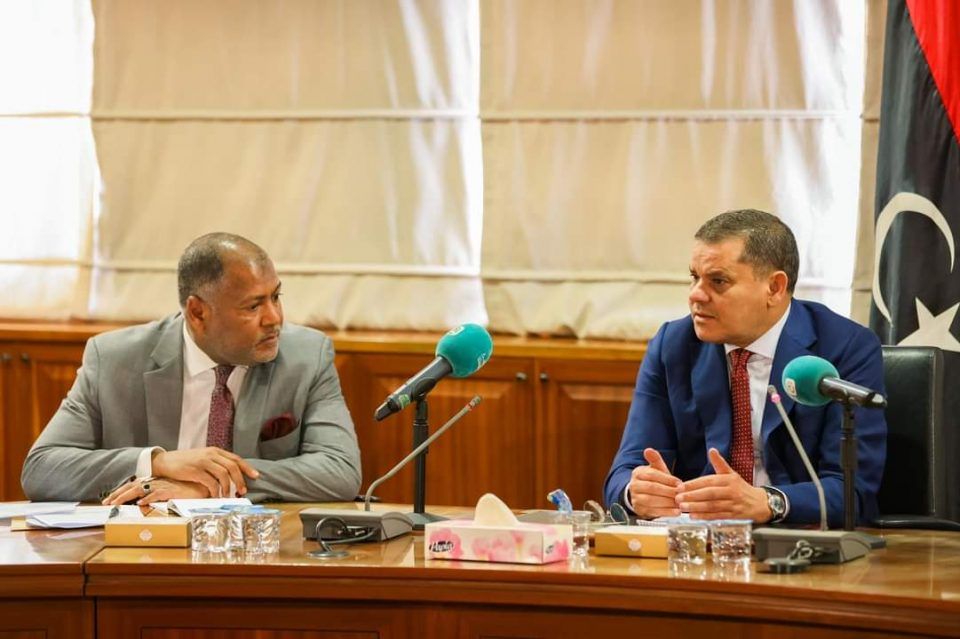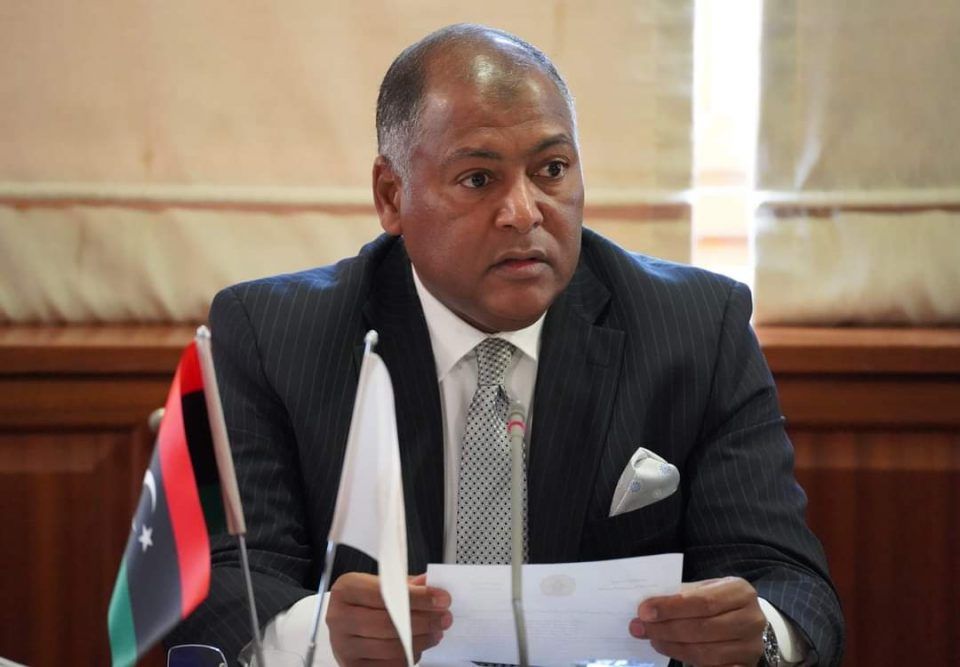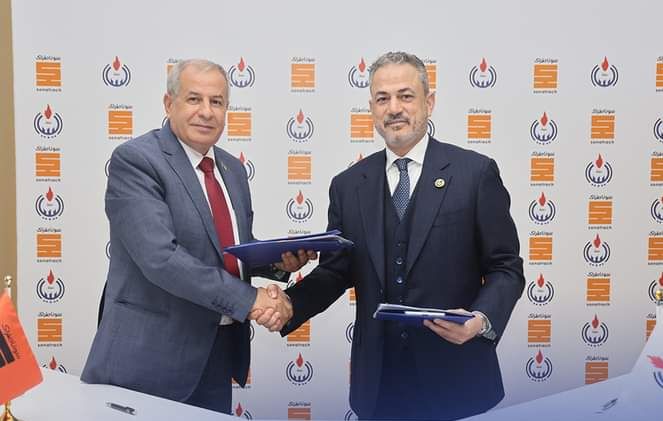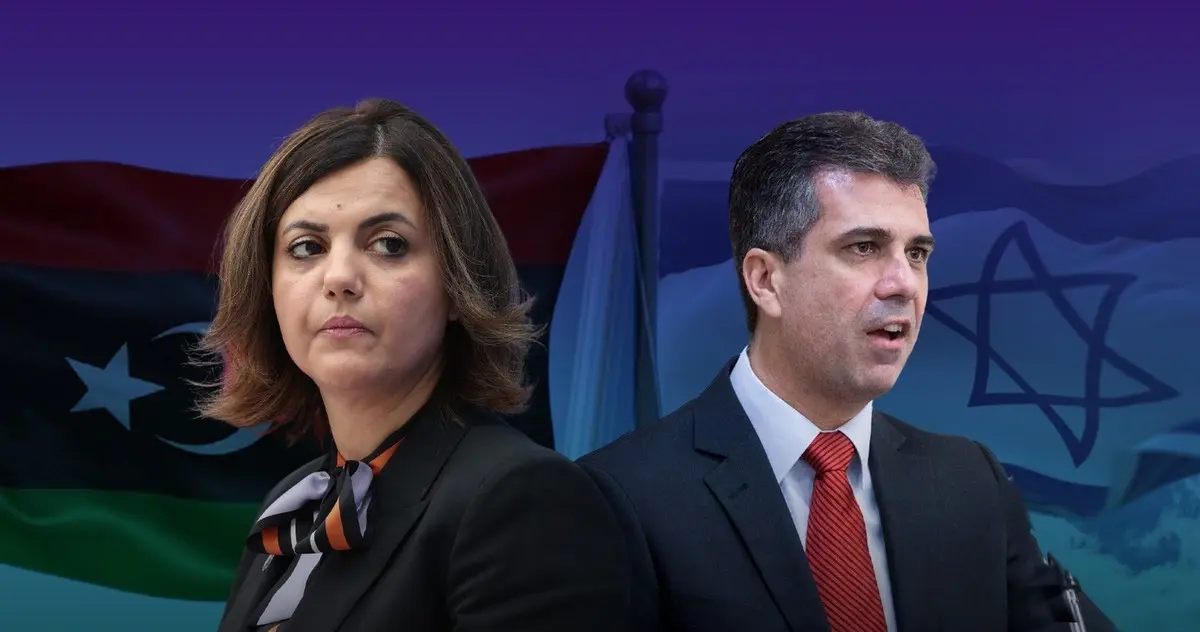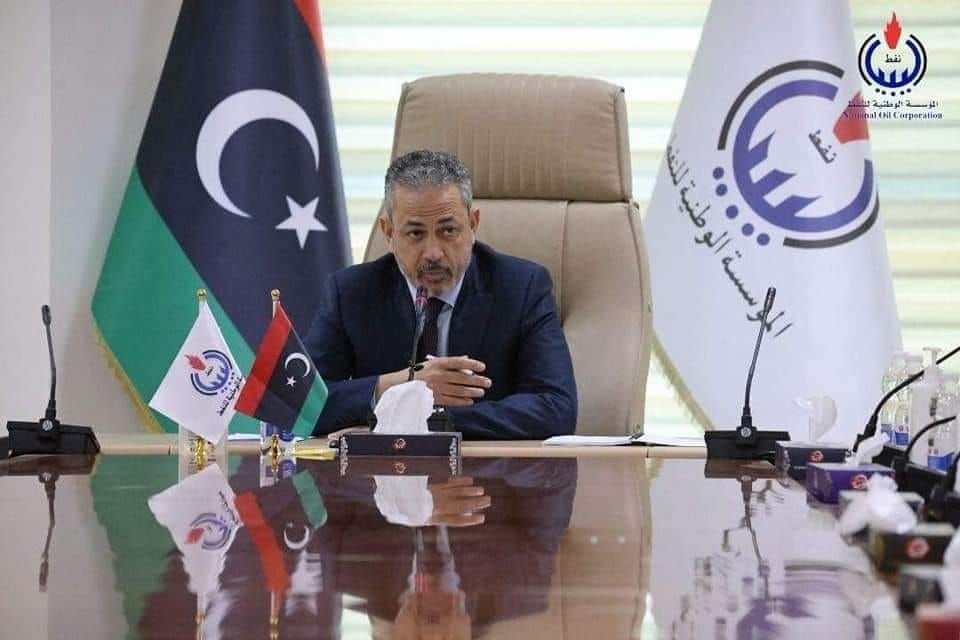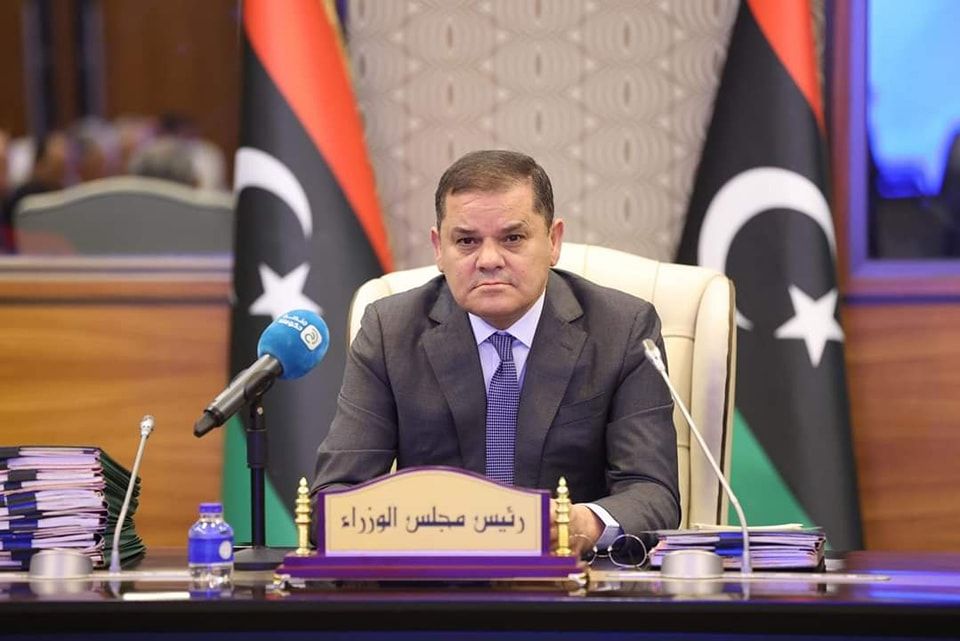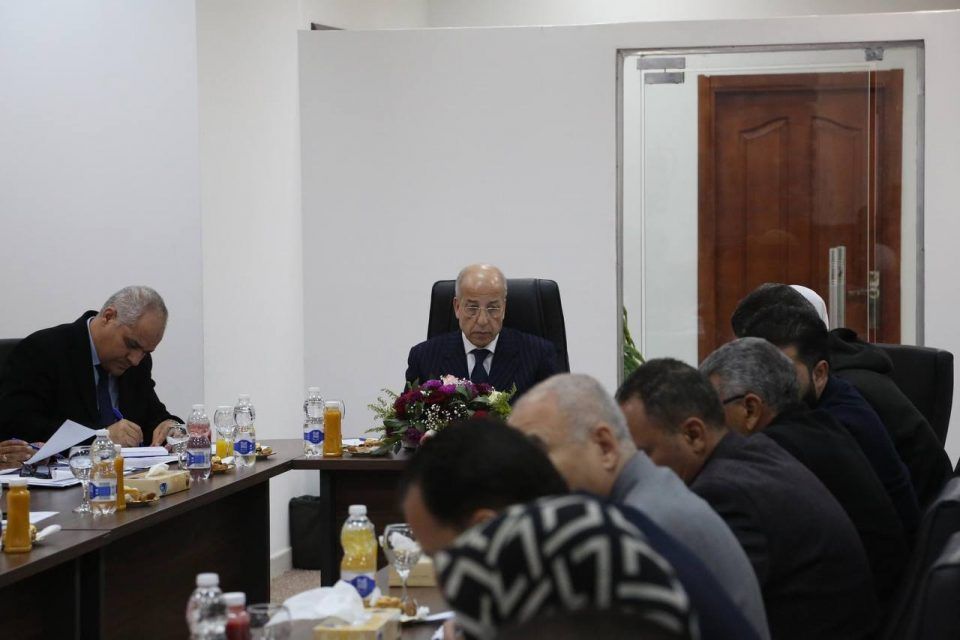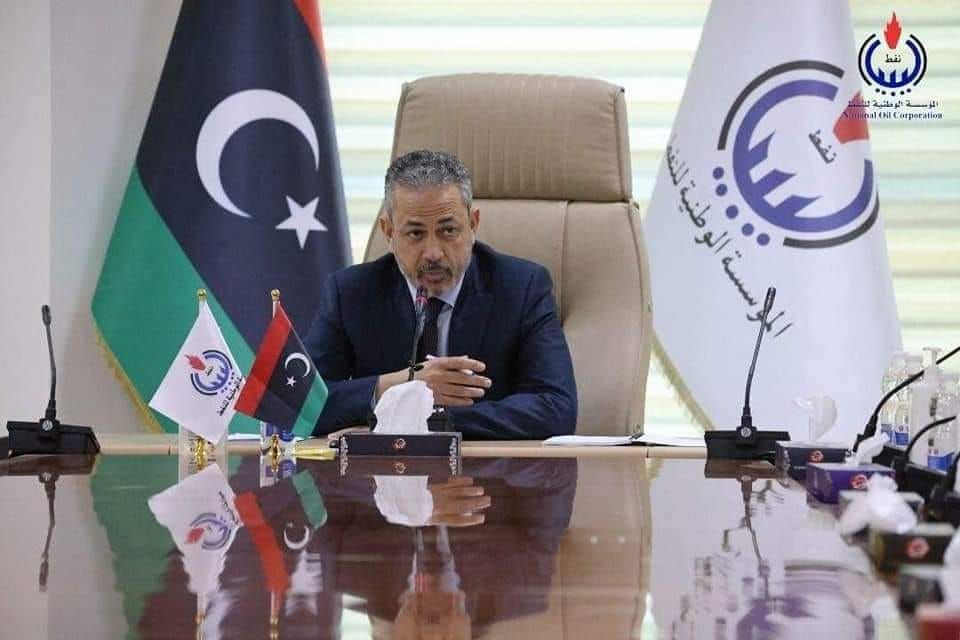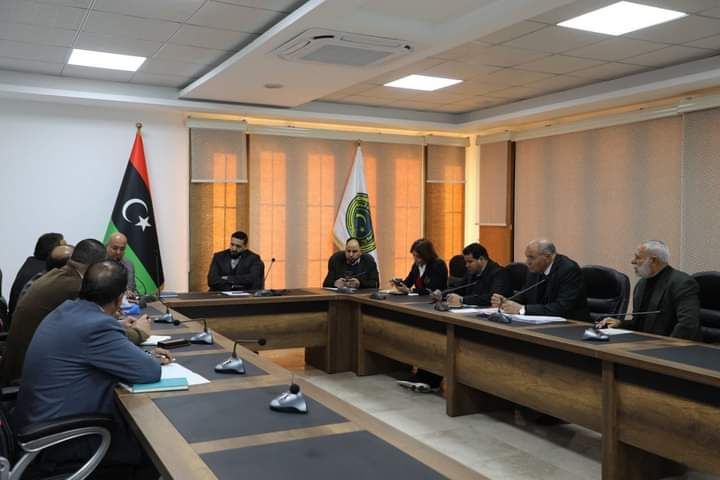In a statement to Tabadul channel on Thursday, an economic expert revealed that the National Unity Government has not implemented the subsidy removal decision yet but is gauging reactions. The call for subsidy removal has become widespread, especially among those following economic news and reports from the Central Bank and National Oil Corporation. Citizens’ fuel consumption has reached multiples of neighboring countries still providing fuel subsidies, like Saudi Arabia, Algeria, and Venezuela.
Smuggling Challenges and Economic Realities: The Hidden Side of Fuel Consumption
The expert highlighted a significant issue, stating that official figures do not reflect actual consumption as a considerable portion goes into smuggling. The government lacks the means to curb smuggling, and neighboring countries, facing major economic crises, often tolerate smugglers to avoid unrest, poverty, and inflation, particularly in border areas. Many residents in these regions depend on smuggling and selling illicit fuel on public roads.
Regional Disparities in Fuel Prices: Implications for Tunisia and Neighboring Nations
The economic expert emphasized that in Tunisia, the price of a liter of gasoline approaches five Libyan dinars at the border exchange rate. Chad, Sudan, Egypt, Malta, and Mediterranean shipping benefit from the low fuel price. Transport and distribution companies contribute little to the treasury, and even at the subsidized price, revenue isn’t remitted to the government, posing another challenge.
Squandering Resources: The High Cost of Fuel Subsidies and Smugglers’ Militarization
The expert continued, expressing concern over the massive waste of resources. Monthly, the government loses billions, while those profiting from smuggling are armed militias that have infiltrated politics, resembling the militias governing Lebanon since the seventies.
Economic Impact of Subsidy Removal: A Necessary but Risky Move
Concluding his statement, the economic expert acknowledged that removing subsidies would harm the economy, but the financial damage wouldn’t be as significant as keeping them. The fear lies in the lack of trust in governments to replace cash subsidies, with concerns about the potential 5-10% price increase. Compensating for this rise through replacement is possible, but the state urgently needs to take action to change the current situation.
